Top Class Actions’s website and social media posts use affiliate links. If you make a purchase using such links, we may receive a commission, but it will not result in any additional charges to you. Please review our Affiliate Link Disclosure for more information.
A vehicle defect recall has been issued in South Korea for the Hyundai Kona, as 13 of the vehicles have reportedly ignited for an unknown reason.
According to Car and Driver, the recall affects over 25,000 vehicles in South Korea, which are crossovers that can come in both electric and gasoline versions. The recalled vehicles were reportedly manufactured between September 2017 and March 2020. In addition to the Korean recall, the company has also filed for a voluntary recall in the United States.
Under the recall in South Korea, the affected vehicles will be inspected starting Oct. 16. They will also be issued software updates and replacement battery packs. Car and Driver reports that over 100,000 vehicles have been sold worldwide.
Hyundai Reports 13 Fires Across World
Reuters reports that there have been 13 fires associated with the Kona from several different countries, including Canada and Austria.
According to Car and Driver, this not the first recall to be issued by the company over fire dangers. Indeed, just several weeks ago over 500,000 Hyundai and Kia vehicles were subject to a recall over potential brake fuel leaks, with consumers warned not to keep the autos in a garage. The vehicles subject to this recall included 2013–2015 Kia Optima sedans and Hyundai Santa Fe SUVs, as well as 2014–2015 Kia Sorento SUVs. Reportedly, there were 23 engine fires associated with this recall.
Possible Short Circuit in Battery
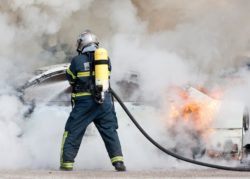
According to Car and Driver, the high-voltage battery in the vehicle was built by LG Chem. LG Chem reportedly asserts that it and Hyundai have conducted tests to find the problem, but have not been able to cause a fire yet. They reportedly think that a short circuit in the battery may be caused by faulty cell manufacturing.
Roadshow reports that the automaker is in the final stages of issuing a voluntary recall through the National Highway Traffic Safety Administration and that American Kona owners should get notice of the recall soon.
For its part, the carmaker called the recall “a proactive response to a suspected defective production of high-voltage batteries used in the vehicles, which may have contributed to the reported fires” in a statement that also indicated it will do everything it can to identify the source of the fires.
Electronic Vehicle Fires
Vehicle safety defects that lead to fires are terrifying, particularly in electronic vehicles because they are very hard to put out, according to the Roadshow. Reportedly, the Kona vehicle fires began while the car was parked. In one instance, the owner reportedly said he heard an explosion before the vehicle ignited, eventually destroying half of his garage, along with the car. In another automobile fire, the Kona was also parked and lost entirely to the blaze.
According to Car and Driver, different fire fighting techniques are required to put out electronic vehicle fires. Unfortunately, most fire departments are unprepared to deal with these types of blazes. Water or fire fighting foam can, in fact, cause flare-ups, says the report.
A burning gas tank is different than a burning lithium-ion battery cell, notes the report, and these fires can burn incredibly hot, over 5000 degrees Fahrenheit. Further, electric vehicle fires can reportedly cause electric shocks and toxic fumes.
Join a Free Vehicle Safety Class Action Lawsuit Investigation
If you own a vehicle that you believe has a safety defect and you are outside of the warranty period or you believe the defect should be covered by the warranty and it’s not, or you or a family member have been injured by a safety related defect, you may qualify to join this vehicle safety defect class action lawsuit investigation.
This article is not legal advice. It is presented
for informational purposes only.
ATTORNEY ADVERTISING
Top Class Actions is a Proud Member of the American Bar Association
LEGAL INFORMATION IS NOT LEGAL ADVICE
Top Class Actions Legal Statement
©2008 – 2024 Top Class Actions® LLC
Various Trademarks held by their respective owners
This website is not intended for viewing or usage by European Union citizens.

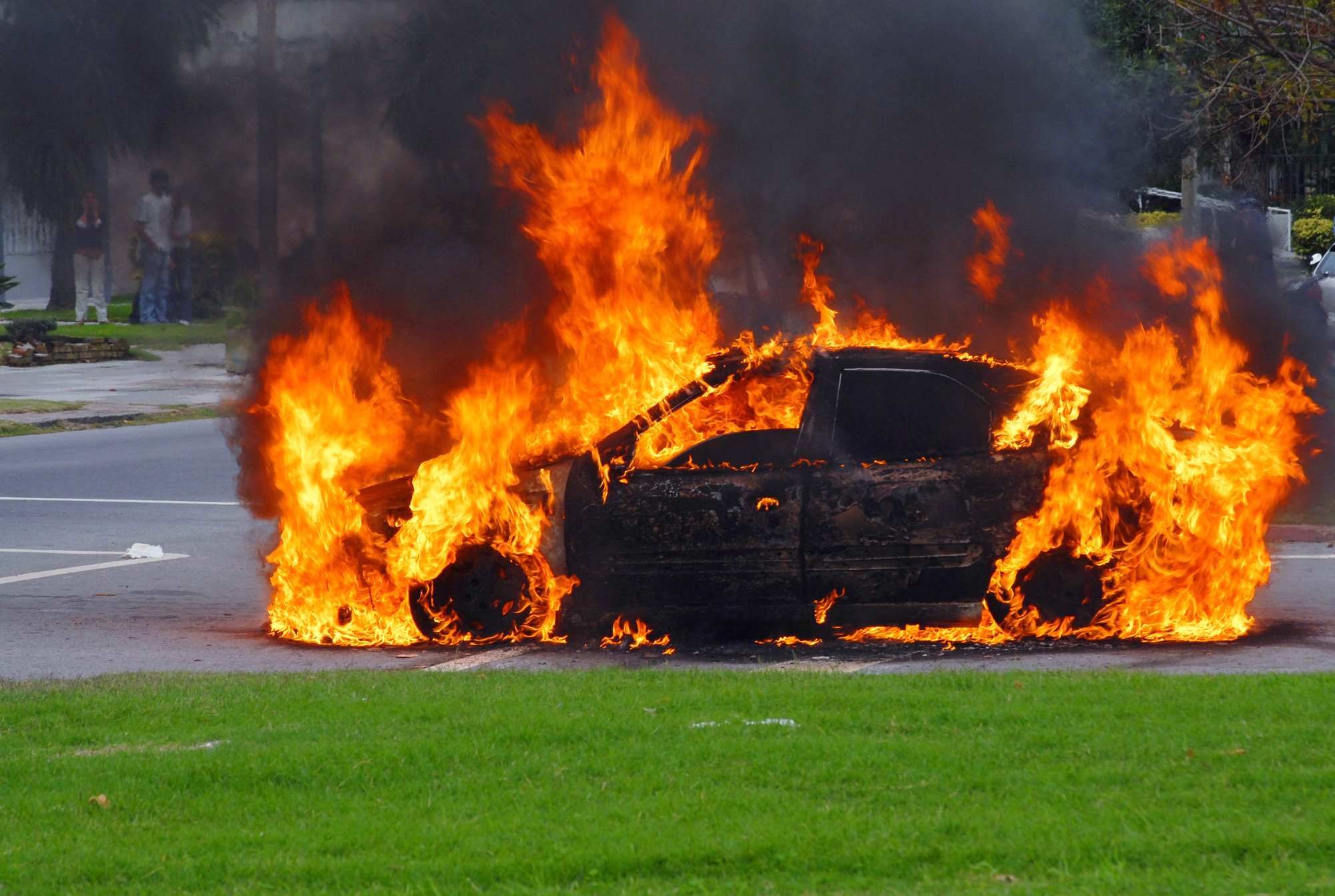









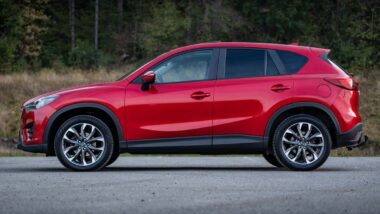
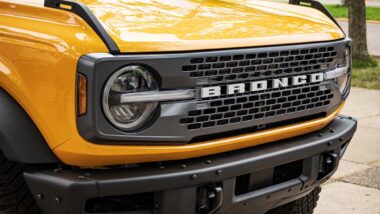
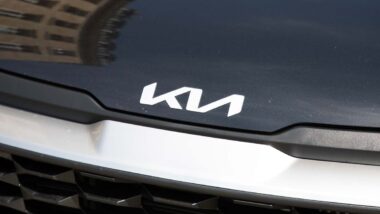
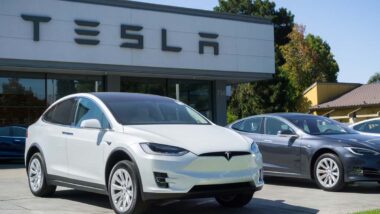
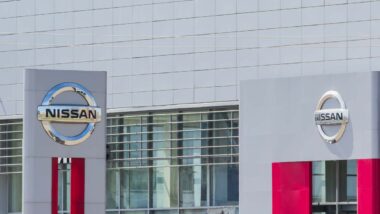
2 thoughts onFire Danger Recall Issued for Hyundai Kona
My Hyundai Kona (non electric) caught fire while I was driving 2 days ago. Car is 8 months old no accidents. 1 service (standard maintenance). No reason this should have happened. Any next steps.
I bought a 2020 Hyundai elantra and it is already making noises and knocking when started with stalls..also on nov.2 2020 my cat would not start had to get roadside service to come jump my brand new car and told me the the battery needed to be replaced I Immediately took it to dealership they told me at that point that there was nothing wrong with my battery?? Please help me make sense of all of this thank you Adam Johnson